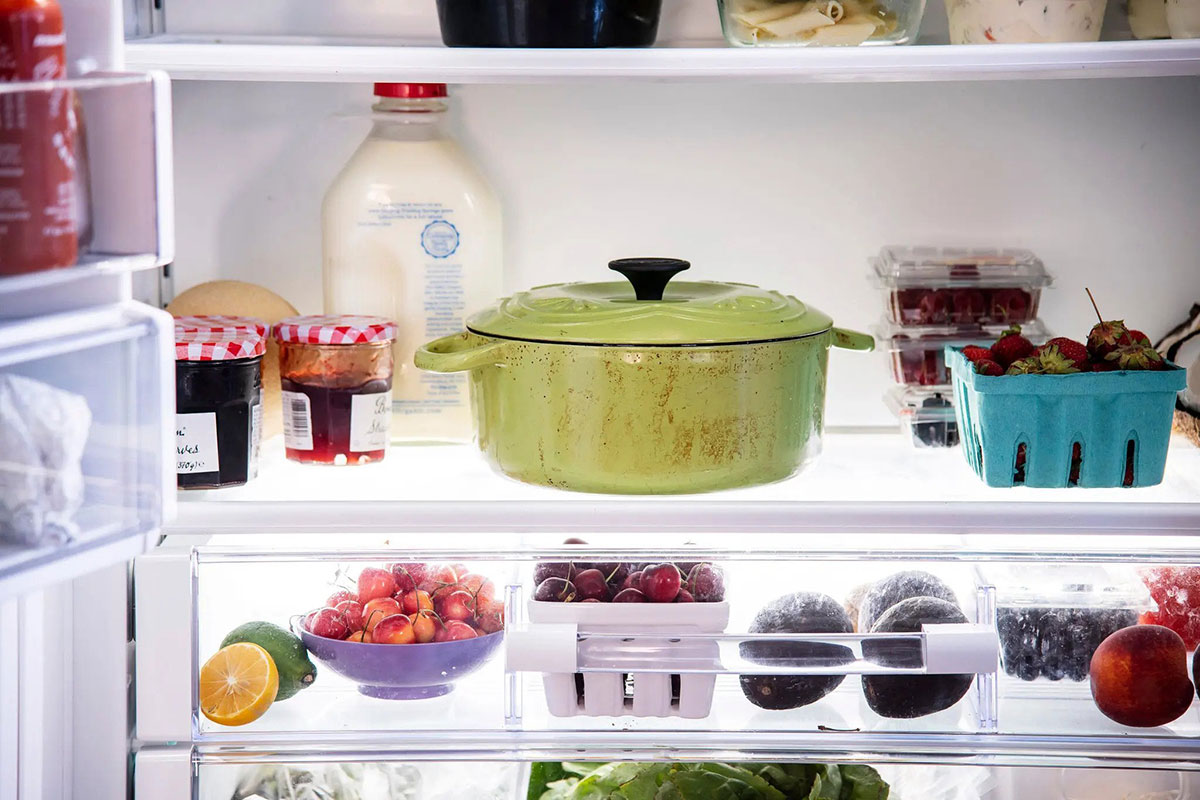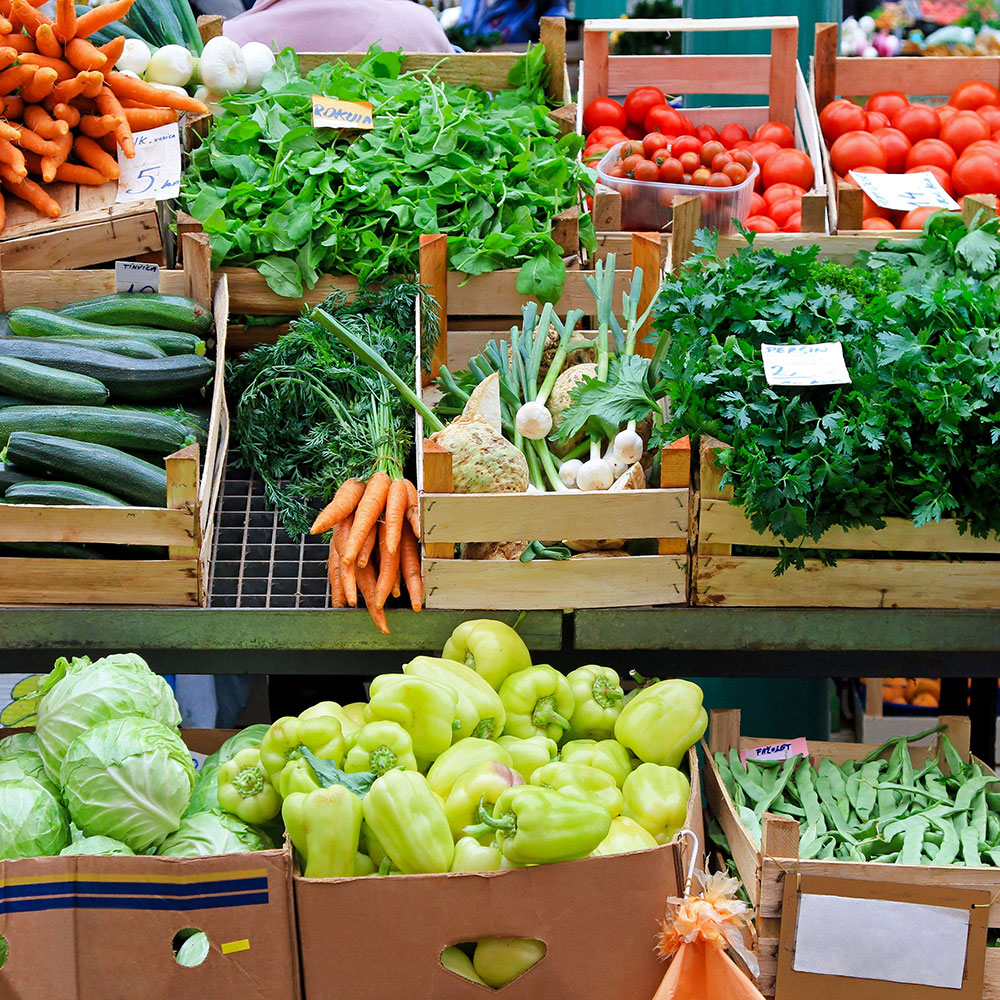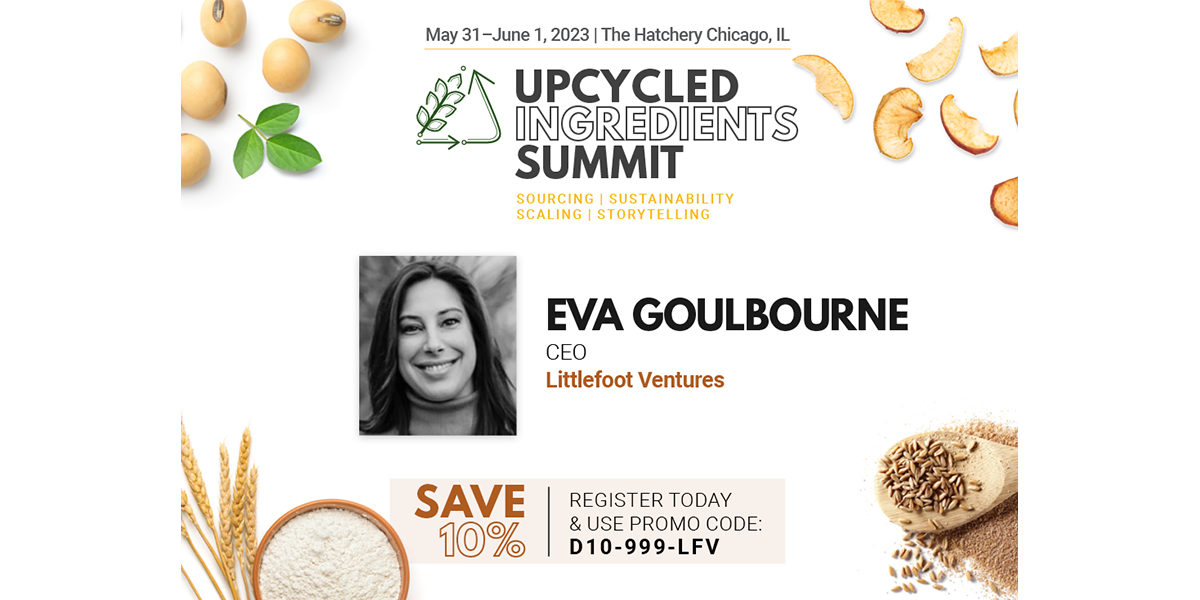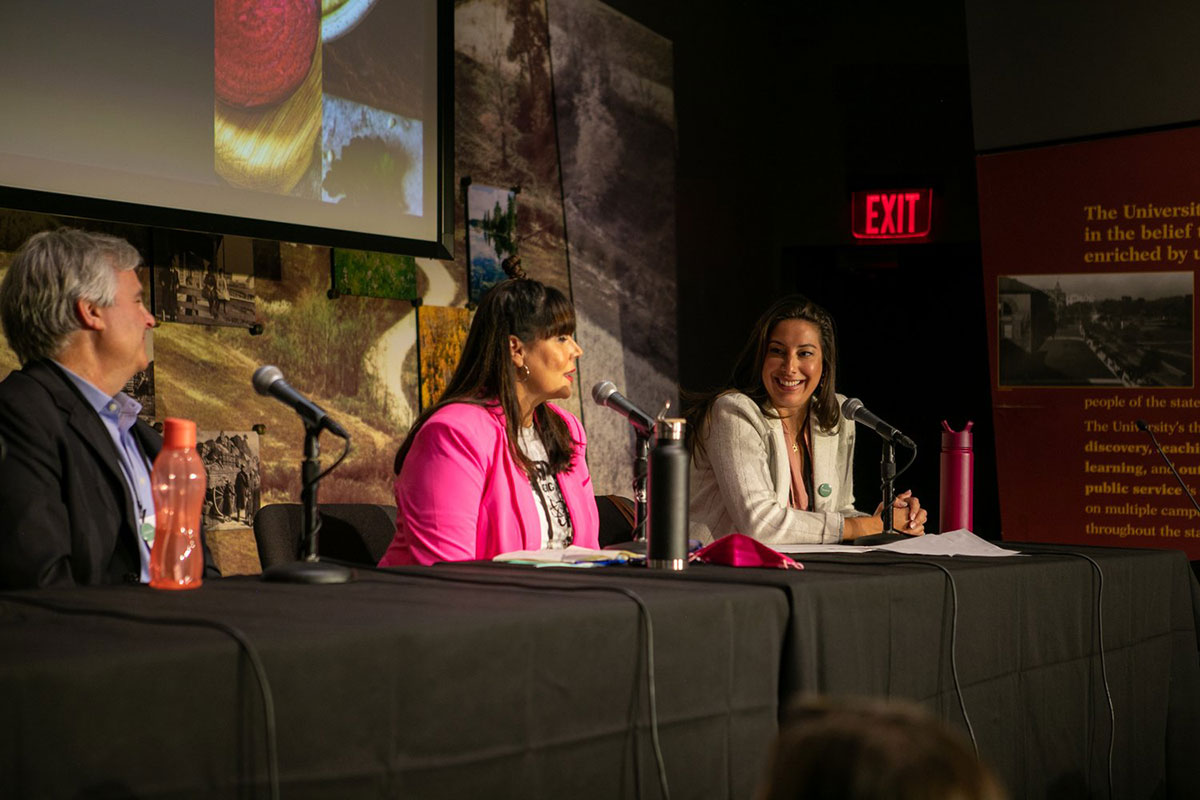Dear Colleagues,
Happy Earth Month! When I was in elementary school, this was just one day a year when we picked up trash from the soccer field and learned about single-stream recycling. Sigh, simpler times! Now, twenty-ish years later, I can confirm that every day is earth day over here at Littlefoot to the point where I’m more concerned with milestones like reaching waste targets by 2030 and food security by 2050 than the fact that I… turn 36 this week. Gulp. Ignorance is bliss, but I’m old enough to know that knowledge really is power, so I hope you enjoy this newsletter round-up this month, even though we’ve got some sobering climate news around us.
I’m still making sense of the latest IPCC report and while there have been a lot of great summary articles, this one from the World Resources Institute has been the most helpful in better understanding where we are with climate change. Since I’m a toddler mom, I was tickled to see United Airlines named Sesame Street’s Oscar the Grouch as their newly appointed Chief Trash Officer to showcase their renewable energy campaign. And as a soon-to-be kindergartener mom, I wanted to extend a congratulations to the Chef Ann Foundation for securing a nearly $8 million grant from the USDA’s Food & Nutrition Service. The grant is to incentivize innovative partnerships between school districts, food producers, suppliers, distributors, and community partners to strengthen the availability and access to nutritious food in the K-12 system.
In the spirit of getting back to in-person gatherings:
- Check out the summary and resources from our recent bi-coastal workshops, discussing all things food, climate and storytelling. The sessions centered around the influential role of marketers/storytellers in shaping eater behavior to mitigate the climate crisis. A huge thank you to my gracious co-hosts Merrill Feather and Kristen Winzent of The Regenerates, Nick Francis and Micki Boas!
- For those interested in upcycling, I’ll be speaking at the inaugural Upcycled Ingredients Summit, taking place May 31-June 1 in Chicago, to explore the next frontier of upcycling, industry collaboration, and opportunities for expansion within the upcycled category. Join me and save 10% off with code: D10-999-LFV by registering here.
What are you working on? What’s inspiring you right now? Can’t wait to hear from you.
Warmly,
Eva
1:1 Advising with Eva
In addition to client work and larger projects, I am now offering a dedicated mentorship & job support package as well as hourly consulting.
The mentorship & job support package is a dedicated 3-month sprint engagement working directly with me to brainstorm and strategize on the next career move within the food, climate and/or philanthropy space.
The hourly consulting is recommended for those who have specific questions and/or current project or business needs.
For more information or to book, please visit our Professional Development & Career Guidance page.
Have a lead on a story or an exciting announcement of your own?
Contact me via our website.
Did a friend forward you this email? Subscribe here.

What I’m Reading
Study shows nutritional benefits in regenerative agriculture crops – World-Grain.com
In a study from the University of Washington, results show that farms using regenerative agriculture practices such as no-till farming, cover crops and diverse crop rotations produced crops with higher levels of certain vitamins, minerals and phytochemicals than farms using conventional practices.
Can Systems Thinking Solve the Climate Crisis? – The Atlantic
Companies have pledged to transform how they do business to tackle the climate crisis. But to reduce emissions with the necessary speed, experts say they need to take a more collaborative approach.
Future warming from global food consumption – Nature Climate Change
The findings show that global food consumption alone could contribute almost 1 degree Celsius to warming by 2100, with 75% of this warming driven by methane emissions from ruminant meat, dairy, and rice. However, adopting a healthy diet, reducing food waste, and improving production practices could help avoid over 55% of the anticipated warming from food consumption.
Value-added produce grows with consumers’ need for convenience and safety – The Packer
The demand for convenience and safety has led to a growth in the value-added produce market, which involves pre-cut, pre-washed, and packaged fruits and vegetables. This trend is expected to continue as consumers prioritize health and ease in their daily lives.
Turning 1.3 billion tons of Food Waste into Carbon Credits – CarbonCredits.com
In partnership with The Mexican Foodbanking Network, a Miami-based climate tech company, CoreZero, has developed a method to create carbon credits to reduce carbon dioxide and methane emissions of food waste through the voluntary carbon market.
The Joy of Zero-Waste Cooking – The New York Times
Restaurants and chefs are increasingly embracing the concept of zero-waste cooking. In tandem, no-waste cookbooks, mostly written by women chefs and home cooks, have proliferated in the last few years, starting just before the early days of the pandemic shifted many of us toward more intentional and frugal food habits.
Climate Activists Are Turning Their Attention to Hollywood – The Atlantic
The article discusses how climate change is increasingly being depicted in movies and TV shows, and how this can affect public opinion and political action on the issue. It also examines the challenges and limitations of using entertainment media as a tool for climate communication.
Meijer to support SNAP benefits on Flashfood – The Packer
Michigan-based retailer Meijer has partnered with food waste reduction app Flashfood to allow Supplemental Nutrition Assistance Program (SNAP) recipients to use their benefits to buy fresh produce nearing its sell-by date at a discount. The program aims to reduce food waste, provide affordable fresh produce to low-income households, and support local farmers.
FMI: Shoppers ‘not out of the woods yet’ with grocery price inflation – Grocery Business
The Food Marketing Institute (FMI) warns that grocery shoppers are not yet out of the woods when it comes to price inflation. Though the rate of inflation has slowed down recently, the FMI says that certain factors, such as supply chain challenges and higher labor costs, could continue to drive prices up in the near future.
Goals that go beyond ‘greenwishing’ – The Packer
Retailers and producers are moving beyond “greenwishing” and setting measurable sustainability goals, according to a report by Deloitte. The report suggests that sustainability has become a business imperative, and companies are adopting goals that are tied to their core business strategy and create value for all stakeholders.
Preventing Food Waste in Traditional Kenyan and Nigerian Markets – Busara
The project objective is to understand the behaviors of consumers and suppliers that occur at the point of selection in markets across Kenya and Nigeria. Project findings will add to the growing research landscape on food waste in Africa and help transform the way we eat, shop, cook, and interact with food. This summary brief is a snapshot of the work so far.
In Montana, It’s Youth vs. the State in a Landmark Climate Case – The New York Times
A group of Montana youths filed a lawsuit against the state’s government, claiming that their constitutional rights to a clean and healthy environment are being violated by the state’s inadequate efforts to address climate change. The lawsuit seeks to compel the state to take immediate and effective action to reduce greenhouse gas emissions and protect the environment for future generations.
New York City to roll out yard waste separation mandate in all five boroughs by 2024 – Waste Dive
New York City has passed a law requiring businesses, institutions, and residents to compost their yard waste instead of sending it to landfills or incinerators, starting in 2023. The new mandate aims to reduce greenhouse gas emissions and create a more sustainable waste management system in the city.
How technology is tackling food waste and changing the fresh produce supply chain for the better – The Packer
Advances in technology, such as machine learning, artificial intelligence, and blockchain, are being used to reduce food waste and improve sustainability in the fresh produce supply chain. These technologies can help track and manage inventory, predict demand, and optimize transportation routes, resulting in more efficient and environmentally-friendly operations.
Reduce Your Household Food Waste with Dana Gunders – The Good Clean Nutrition Podcast
Food waste expert Dana Gunders and host Mary Purdy, MS, RDN discuss mindset shifts and share actionable strategies to help you reduce how much food you throw away.
2023 Digital Shopper Demographic Report – INMAR Intelligence
By combining proprietary data with third-party supplements, this report compiles the information you need to target Gen Z, Millennial, Gen X, and Boomer shoppers in this unique grocery climate. Each persona includes valuable data and insights to help discover the best way to attract, activate, and retain shoppers.
Food & Agri Events for 2023
ReFED Food Waste Summit
May 16-18 (St. Louis, Missouri)
Upcycled Ingredients Summit
May 31-June 1 (Chicago, Illinois)
UN General Assembly
Sept 5-19 (New York, New York)
SOCAP
Oct 23-25 (San Francisco, California)
VERGE 23 Food Program
Oct 24-26 (San Jose, California)
UN Climate Change Conference – COP 28
Nov 30 – Dec 12 (Dubai, UAE)
Interested in having me speak or moderate at a future event?
Please reach out via our website.
Love the newsletter? Share by forwarding it to a friend!


